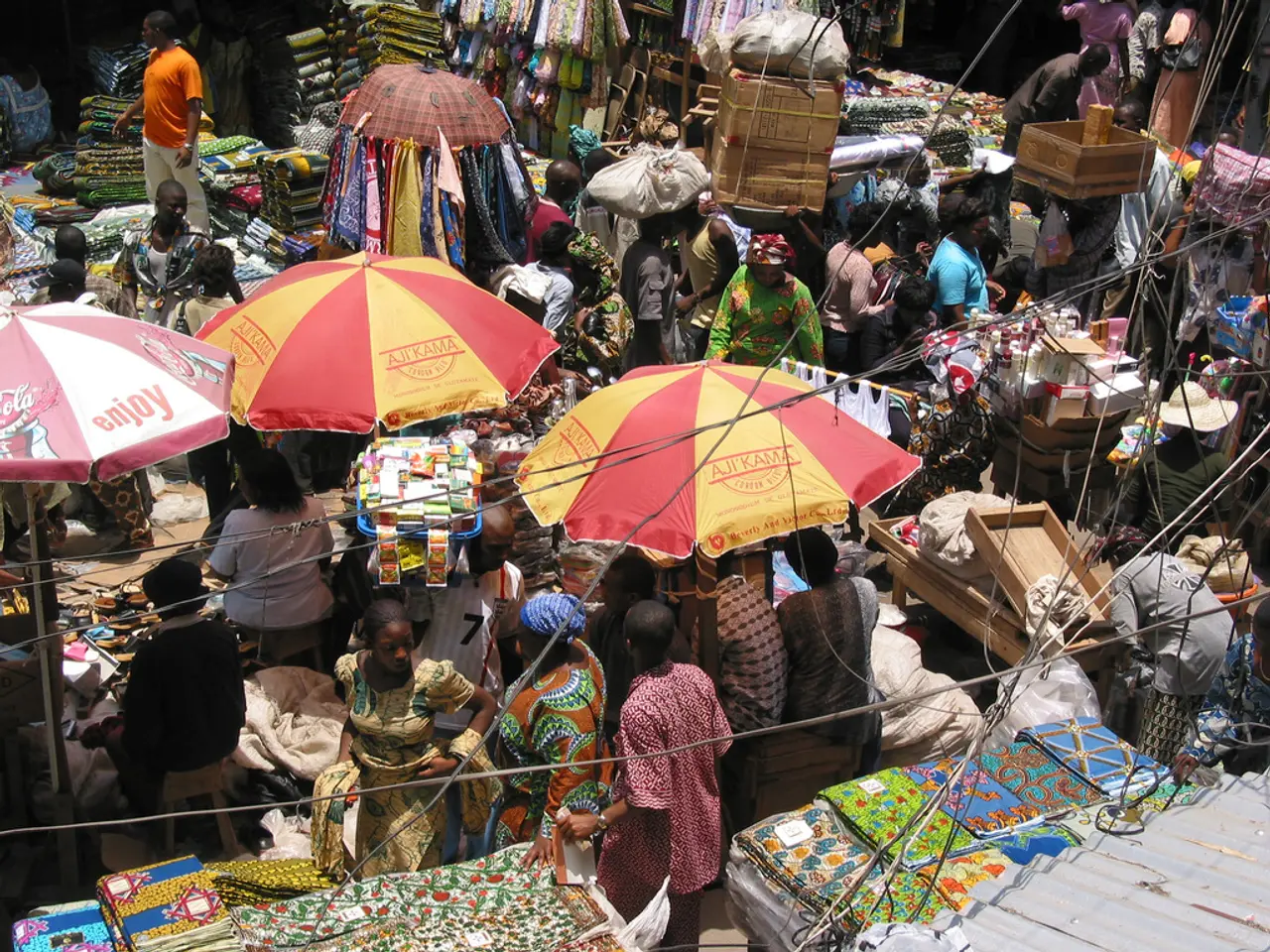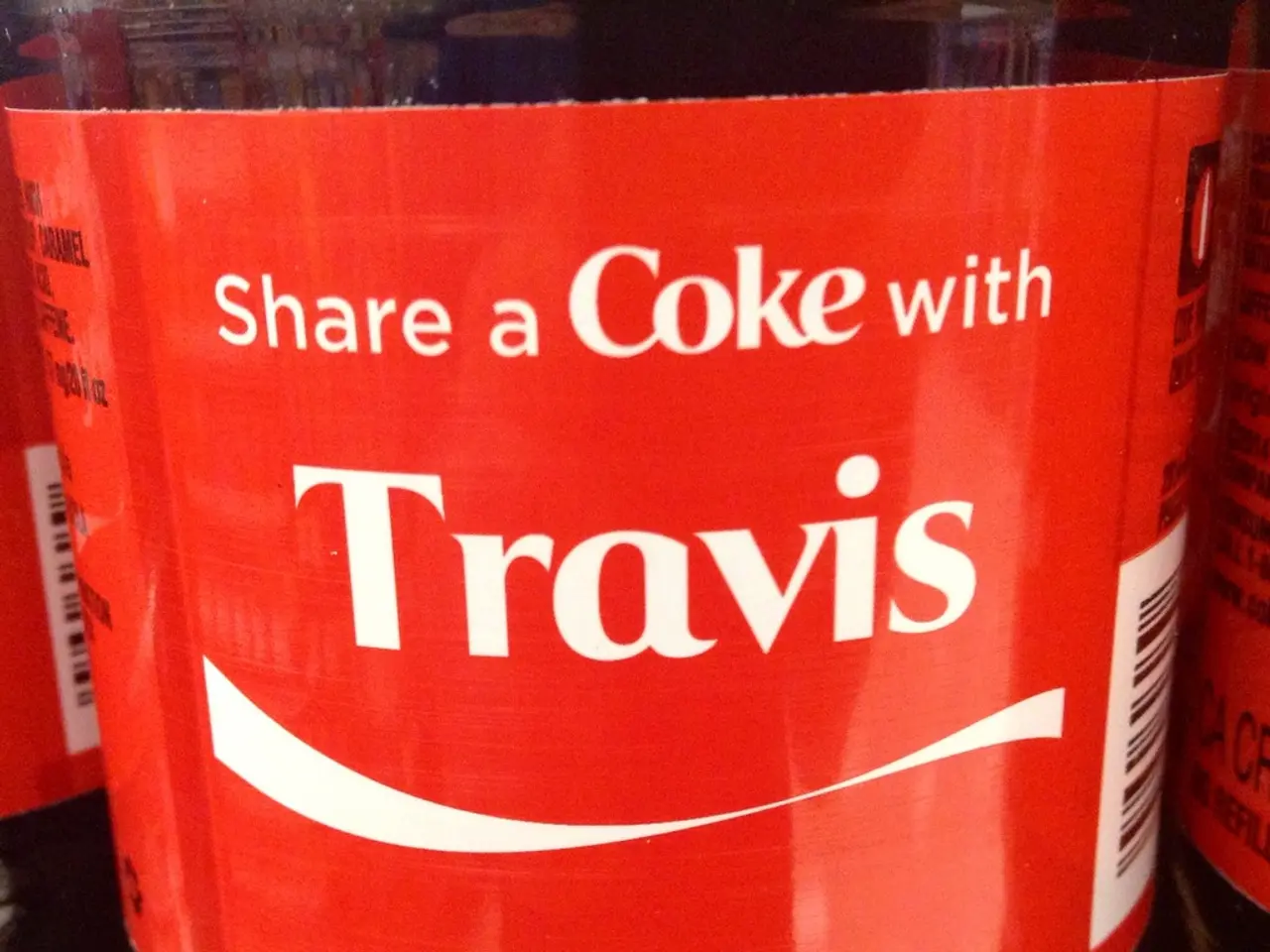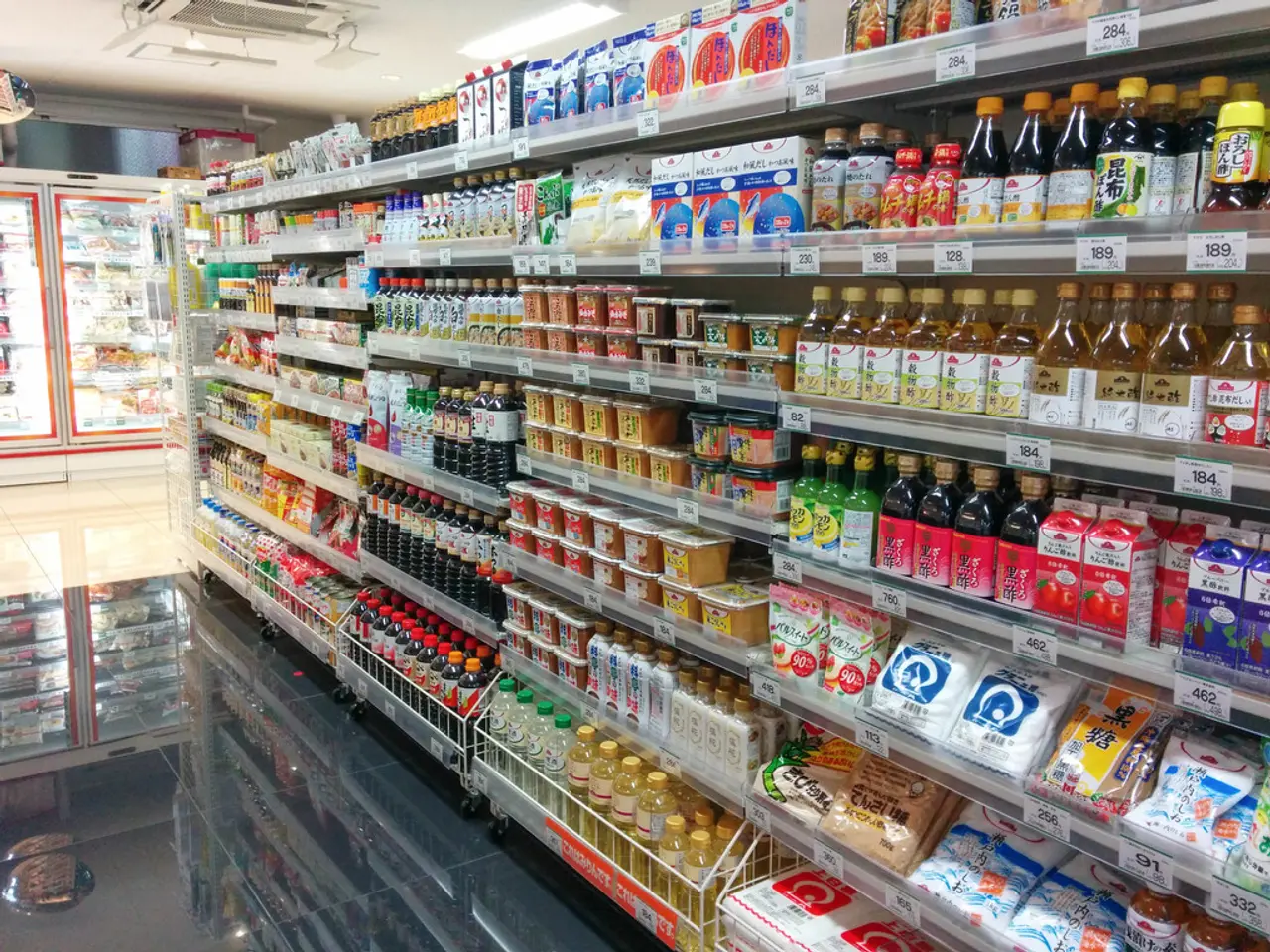Companies implicated in the Singapore money laundering scandal face penalties
Singapore's financial sector faced a significant setback as the Monetary Authority of Singapore (MAS) levied hefty penalties on nine global financial institutions for breaches related to anti-money laundering (AML) controls. This case, worth over S$3 billion, is Singapore's largest money laundering scheme, involving the illegal proceeds from online gambling[1][2][3].
The institutions under scrutiny include Credit Suisse, UOB, UBS, UOB Kay Hian, Citibank, Julius Baer, Blue Ocean Invest, Trident Trust Company, and Liechtenstein’s LGT Bank[1][3]. The MAS imposed a total fine of **S$27.45 million (US$21.55 million)** on these institutions for their failures[2].
The MAS's investigation revealed several shortcomings. Eight of the institutions failed to adequately review transactions flagged as suspicious by their own systems[1]. Credit Suisse Singapore Branch was penalized S$5.8 million, local lender United Overseas Bank (UOB) was penalized S$5.6 million, the Singapore branch of UBS AG was penalized S$3.0 million, and Citibank NA Singapore and Citibank Singapore Ltd were penalized a combined S$2.6 million[1].
The Singaporean financial system was used to launder illicit proceeds from multi-country gambling, according to police[2]. The relevant transactions were unusually large, inconsistent with the customers' profiles, or showed unusual patterns[2]. The MAS found that the breaches at several financial institutions were due to poor or inconsistent implementation of AML policies and controls[3].
Notably, the penalties imposed in this case are the largest enforcement actions taken by MAS against financial institutions for AML breaches, aside from penalties linked to the earlier 1MDB scandal[2]. The case has raised concerns over the effectiveness of Singapore’s AML regulatory framework despite its status as a leading global financial hub[3].
In response, UOB acknowledged the MAS' findings and stated that they had implemented measures to address deficiencies over the past two years[1]. The MAS also issued reprimands to five more individuals in connection with the case[3].
The case is linked to a 2023 investigation against an online gambling syndicate known as the Fujian gang, involving arrests of 10 individuals of Chinese origin suspected of laundering proceeds from illegal online gambling to buy luxury assets including high-end property, cars, jewelry, and designer goods[2]. As of late 2024, approximately S$2.79 billion in assets had been seized and surrendered to the Singapore government[2].
This case serves as a reminder of the importance of robust AML controls in the financial sector. The MAS has vowed to continue its efforts to ensure the integrity and stability of the Singaporean financial system[3].
References: [1] Channel NewsAsia. (2024, September 1). MAS fines nine banks S$27.45 million over Singapore's biggest money laundering case. Retrieved from https://www.channelnewsasia.com/singapore/mas-fines-nine-banks-s27-45-million-over-singapores-biggest-money-laundering-case-3515091 [2] Straits Times. (2024, September 1). MAS fines nine banks S$27.45 million over biggest money laundering case in Singapore. Retrieved from https://www.straitstimes.com/business/companies-markets/mas-fines-nine-banks-s2745-million-over-biggest-money-laundering-case-in-singapore [3] Reuters. (2024, September 1). Singapore's MAS fines nine banks S$27.45 million over biggest money laundering case. Retrieved from https://www.reuters.com/business/singapores-mas-fines-nine-banks-s2745-million-over-biggest-money-laundering-case-2024-09-01/
- The Monetary Authority of Singapore (MAS) has levied penalties on various institutions, including banking-and-insurance entities such as Credit Suisse, UOB, UBS, and Citibank, for breaching anti-money laundering (AML) controls, which is considered general-news.
- The largest money laundering scheme in Singapore's history, involving illegal proceeds from online gambling, has raised concerns about the effectiveness of the country’s AML regulatory framework, especially in the business and finance industry.
- Crime-and-justice issues, such as the arrest of individuals linked to an online gambling syndicate known as the Fujian gang, have been exposed through this investigation, leading to the seizure and surrender of millions of dollars' worth of assets.




